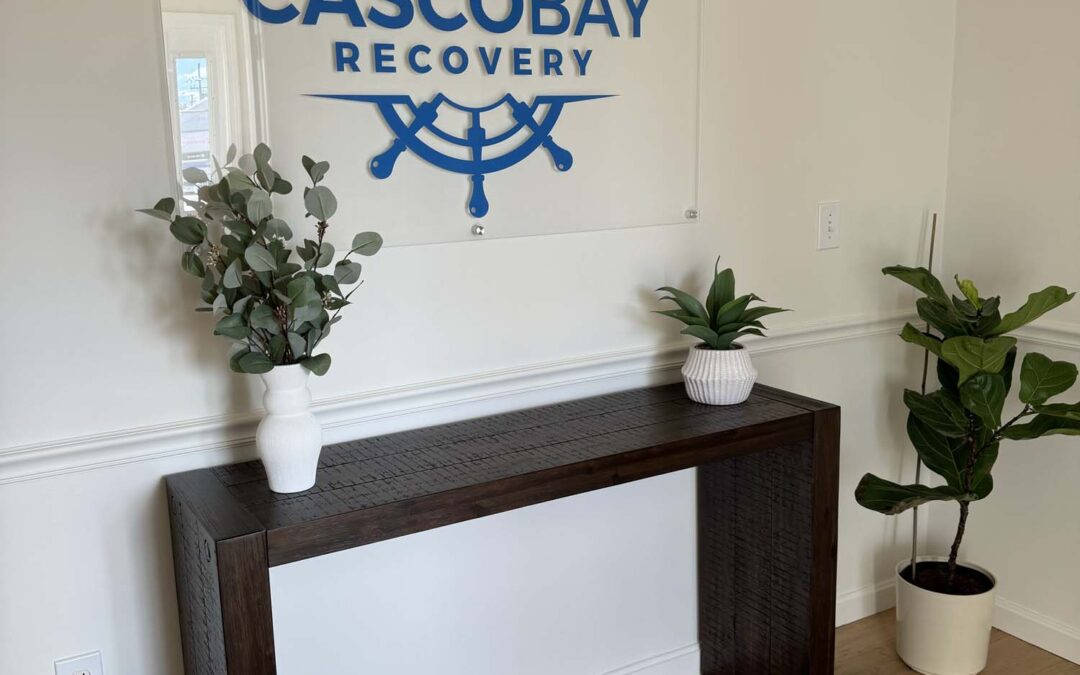As spring break approaches, excitement fills the air as students and families look forward to a well-deserved break from the routine of daily life. However, for individuals in addiction recovery, spring break can present unique challenges and triggers that threaten to compromise their sobriety journey. In this comprehensive guide, we’ll explore essential tips for students and families in recovery to navigate spring break safely. From managing triggers to finding support resources, we’ll provide actionable strategies to ensure a positive and fulfilling spring break experience.
Understanding the Challenges: Spring break often brings a mix of social gatherings, travel, and leisure activities, which can create environments conducive to substance use. For students and families in recovery, these settings may trigger cravings, temptations, and feelings of isolation. Additionally, the pressure to partake in alcohol or drug-related activities during spring break festivities can add further stress and anxiety.
Tips for Students in Recovery:
- Plan Ahead: Before embarking on spring break adventures, create a detailed itinerary that includes sober-friendly activities and destinations. Research alcohol-free events, outdoor excursions, and cultural experiences to enjoy with friends or family members.
- Stay Connected: Maintain open communication with your support network, including sponsors, counselors, or peers in recovery. Check-in regularly via phone calls, text messages, or virtual meetings to share your experiences and seek guidance if needed.
- Practice Self-Care: Prioritize self-care practices such as exercise, meditation, and healthy eating to support your physical and emotional well-being during spring break. Engage in activities that bring you joy and relaxation, whether it’s spending time outdoors, reading a book, or pursuing a hobby.
- Set Boundaries: Be assertive in setting boundaries with friends or acquaintances who may pressure you to engage in substance use. Politely decline invitations to alcohol-centric events or environments that could compromise your sobriety.
- Have an Exit Strategy: If you find yourself in a situation where substance use is prevalent or uncomfortable, have a plan in place to remove yourself from the environment safely. Arrange transportation or designate a sober friend as a support buddy to accompany you if needed.
Tips for Families Supporting Loved Ones in Recovery:
- Open Communication: Foster open and honest communication with your loved one about their expectations, concerns, and triggers during spring break. Listen actively and offer non-judgmental support as they navigate potential challenges.
- Create a Sober-Friendly Environment: Plan family-friendly activities and outings that prioritize sobriety and well-being. Explore nature trails, museums, or cultural attractions together as a family to create meaningful memories without the need for alcohol or drugs.
- Provide Encouragement: Offer words of encouragement and affirmation to your loved one in recovery, acknowledging their strength and resilience in facing spring break triggers. Remind them of their progress and the importance of self-care during this time.
- Be a Source of Accountability: Offer to be a source of accountability for your loved one by checking in regularly and providing a listening ear. Respect their boundaries and decisions regarding social activities, while gently encouraging them to stay true to their sobriety goals.
- Educate Yourself: Take the time to educate yourself about addiction, recovery, and the specific challenges your loved one may face during spring break. Attend support group meetings or workshops to gain insights and tools for supporting their journey.
Support Resources for Spring Break:
- Casco Bay Recovery: As a leading addiction treatment center, Casco Bay Recovery offers comprehensive programs and support services tailored to individuals and families in recovery. From outpatient therapy to family counseling, their team provides compassionate care and evidence-based interventions to promote lasting sobriety.
- National Institute on Drug Abuse (NIDA): NIDA offers valuable resources and information on substance abuse prevention, treatment, and recovery. Their website features educational materials, research updates, and support tools for individuals and families navigating addiction.
- SAMHSA National Helpline: The Substance Abuse and Mental Health Services Administration (SAMHSA) National Helpline provides free, confidential support and referral services for individuals facing substance use disorders. Available 24/7, the helpline offers assistance in English and Spanish to connect callers with treatment options and local resources.
- Spring Break Safety Tips: Explore online resources and articles offering spring break safety tips for students and families. Websites such as College Parents of America and Spring Break Safety provide insights and guidance on staying safe and sober during spring break festivities.
Spring break can be a time of relaxation, rejuvenation, and bonding for students and families. By implementing proactive strategies, staying connected to support networks, and prioritizing sobriety and well-being, individuals in recovery can navigate spring break safely and enjoyably. Remember, support is available, and you are not alone on your journey to lasting sobriety.








